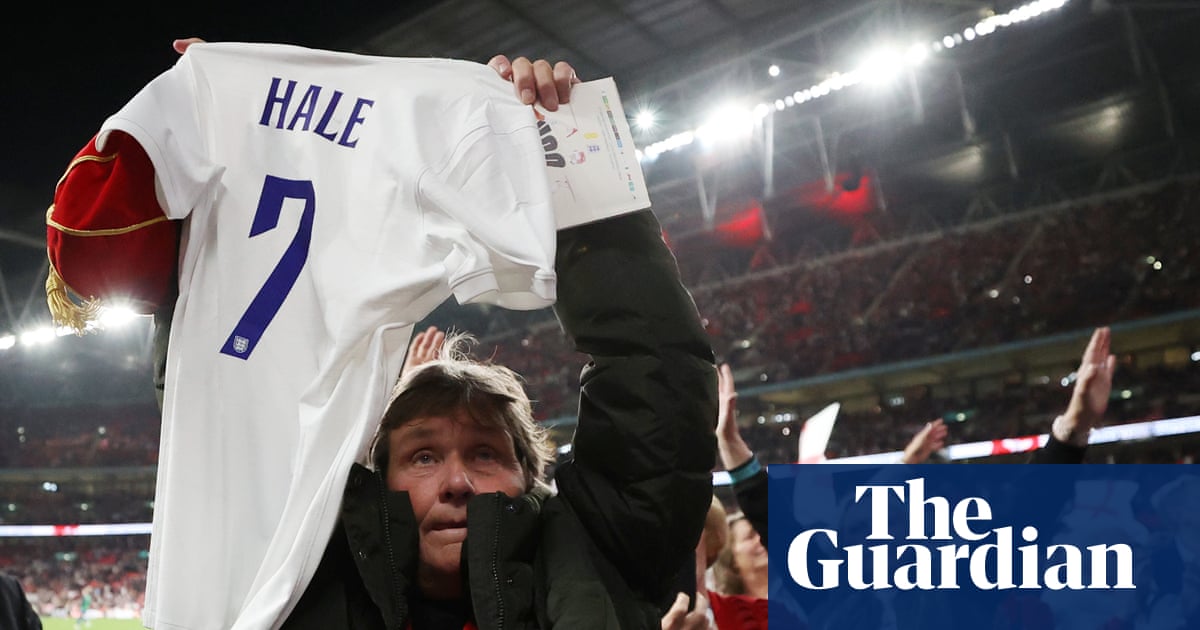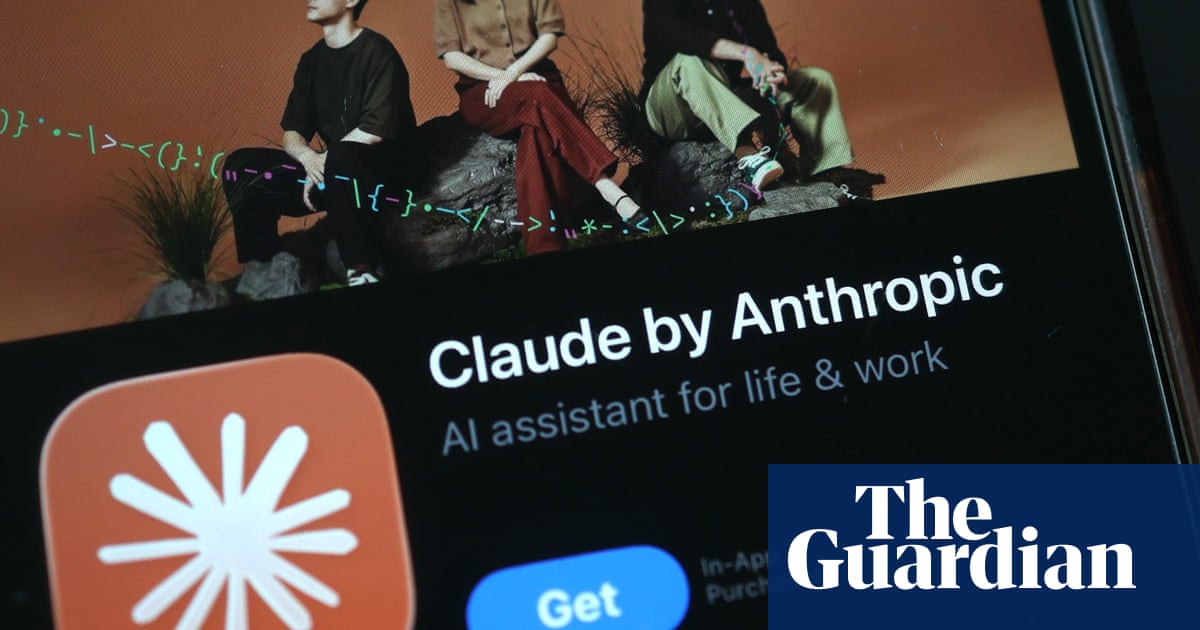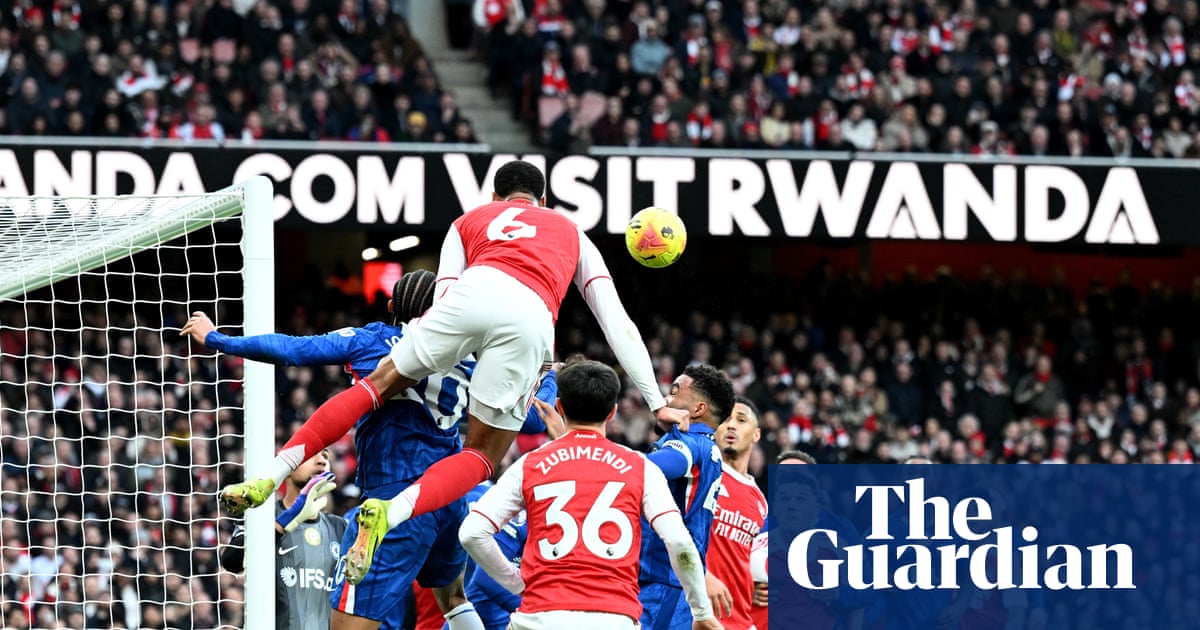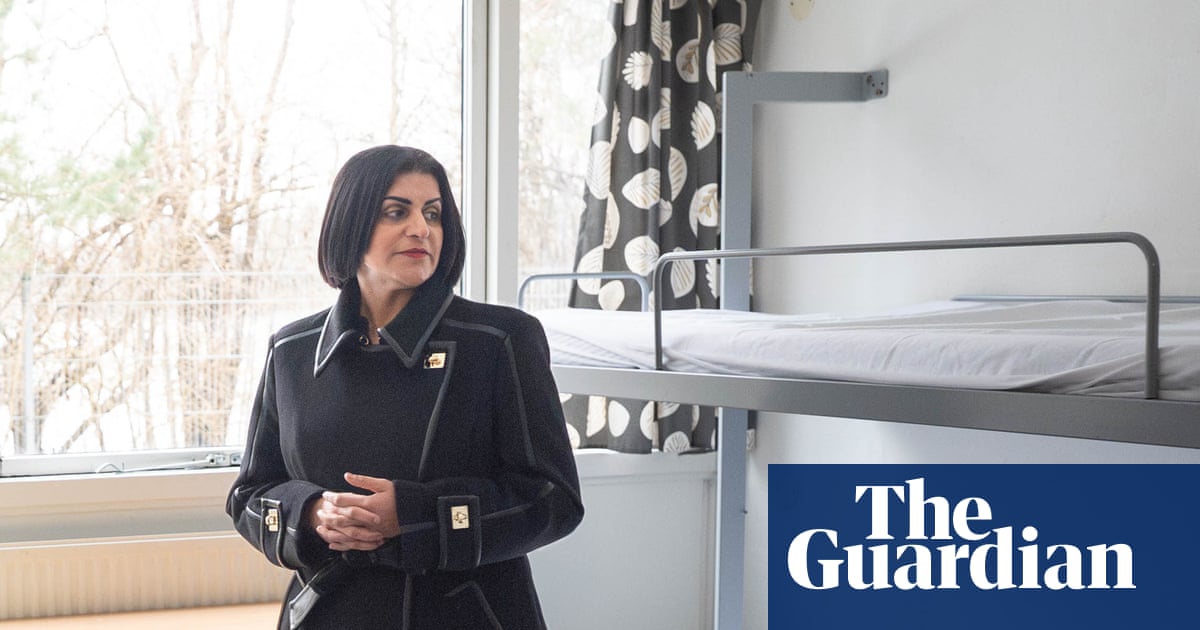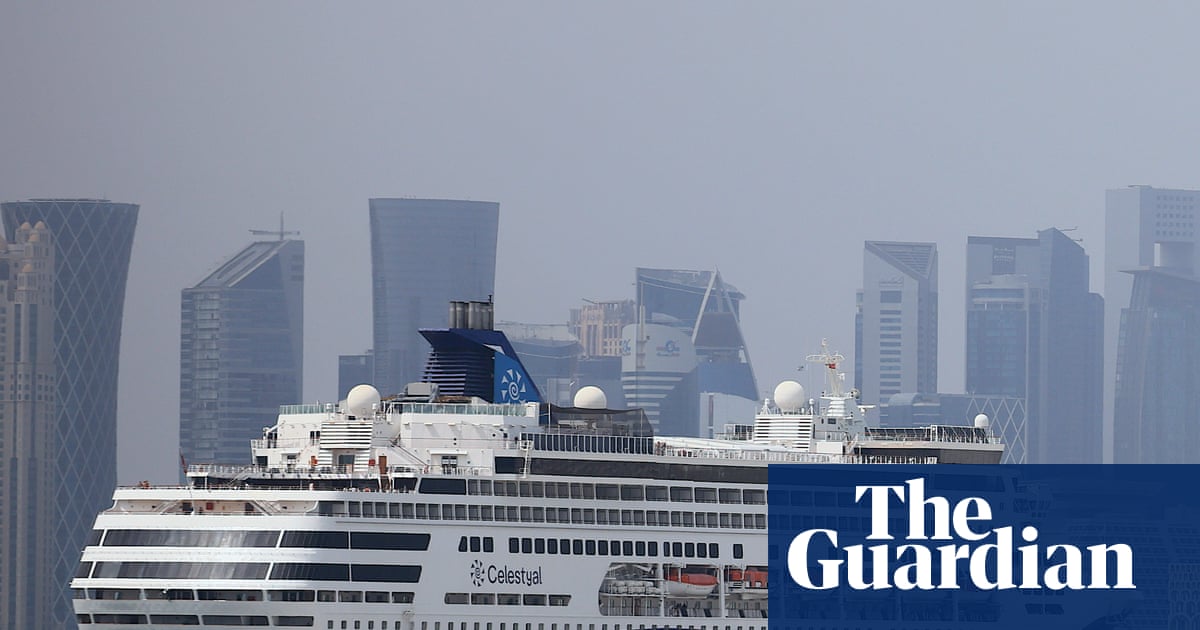When I first read Shereen Daniels’ report 30 Patterns of Harm, a damning review of anti-Black racism within the Metropolitan police, I didn’t feel outrage – I felt recognition. The report lays bare what Black Londoners have long known: racism in policing isn’t a case of occasional failures. It is structural – and, left unexamined, it reproduces.
I also felt something else: the faint possibility of change. For perhaps the first time, the Met has chosen to see itself clearly. Following claims that the review had been “buried”, the service has finally published Daniels’ report and companion guide. What makes this different from the 1999 Macpherson and 2023 Casey reports is that it turns the lens inward. Those earlier reviews drew on public testimony and external critique, while Daniels’ analysis uses the Met’s own internal correspondence, policies and governance papers to expose how racial harm is reproduced through decision-making, culture and leadership. And crucially, the commissioner allowed it to be released “without dilution or internal sign-off” – a level of transparency that neither previous inquiry achieved. That act of honesty is the beginning of transformation.
Daniels’ findings mirror those of the Macpherson inquiry and the Casey review. Both were landmark investigations that exposed the Met’s structural racism and deep cultural dysfunction. But what distinguishes this moment is the Met’s own admission – set out in the commissioner’s letter to partners accompanying the report – that “whatever we have achieved to date … there will be more to do”. In choosing to reflect and engage rather than react instinctively, the Met is acknowledging that cultural transformation must be lived every day.
As co-chair of the Black Community Policing Advisory Panel, which works alongside the Met to provide advice and counsel, I see daily the weariness among Black Londoners – a fatigue born of countless apologies and unfulfilled promises. We do not need more reports just pointing out the harm. What we really need are solutions that actually help to heal it.
Those solutions are not abstract. They align with the priorities the commissioner has set out in response: to address systemic biases and imbalances; to review police powers; and to tackle the root causes of disproportionate outcomes for Black Londoners. They begin with radical transparency: publishing data on recruitment, promotion, discipline and the use of police powers such as stop and search. They demand genuine accountability – a shared oversight body of senior officers, community representatives, academics and panel advisers with the power to question and correct. And they rely on co-designing reforms with those most affected.
True progress will come when the lived experiences of Black officers and Black Londoners define the metrics of success. That means equity audits and regular public scorecards; an independent “trust-by-design” review of stop and search shifting the practice from one that is rooted in suspicion to one that genuinely focuses on safeguarding.
But technical fixes are not enough. Tackling systemic racism demands courage from those with power. It requires the Met’s leaders, and indeed all of us who serve public life, to ask a harder question: what does safety look like when everyone belongs?
There are glimpses of that future already. Youth and faith organisations are working alongside local officers to divert young people from criminalisation. Though confidence in local police has been falling in England and Wales in recent years, there was a slight uptick recently. These are seeds of change worth nurturing.
Daniels’ report reminds us that anti-Blackness betrays organisational dysfunction – and that confronting it directly is key to fostering genuine inclusion. When systems become fairer for Black people, they become fairer for everyone.
The work ahead will be slow and often uncomfortable. But outrage alone will not sustain it. What we need now is disciplined hope. Reflection must lead to reform, and reform must be felt in the daily lives of Londoners.
The Met cannot mark its own homework. Nor can it rebuild trust through words alone. It must choose transformation over defensiveness, humility over haste. If it does, 30 Patterns of Harm will be remembered not for its indictment, but rather as an invitation to bring about a true justice that can be shared by all.
after newsletter promotion
And perhaps this time will be different because the work cannot be ignored or outsourced: the report’s evidence comes from the Met’s own systems, its own decisions, its own language. The institution can no longer dismiss the critique as external judgment – it is, in effect, a mirror held up by its own hand. That self-exposure creates a kind of moral accountability that no government inquiry or independent review could ever fully impose.
Because in the end, the real measure of the Met’s success is whether it polices by consent rather than control. To do this it needs to foster genuine relationships with the community it serves. And relationships, like trust, are rebuilt one honest act at a time.
-
Keith Magee is a writer and academic and chair of the Guardian Foundation. He is a co-chair of the Black Community Policing Advisory Panel, through which he received a pre-briefing on the Daniels report and participated in early discussions around the Met’s response
-
Do you have an opinion on the issues raised in this article? If you would like to submit a response of up to 300 words by email to be considered for publication in our letters section, please click here.

 3 months ago
109
3 months ago
109
